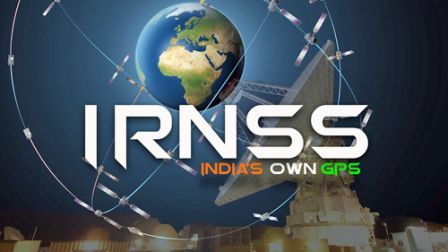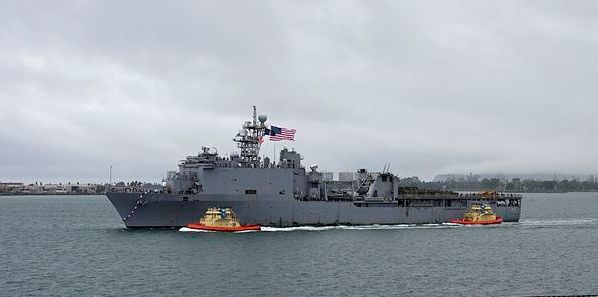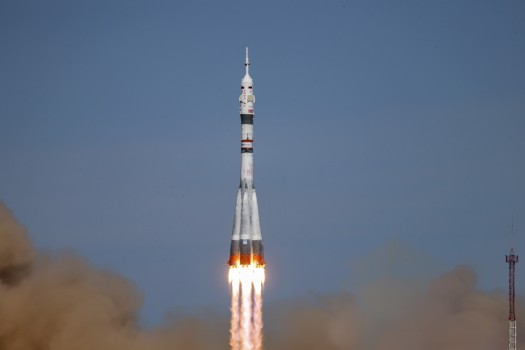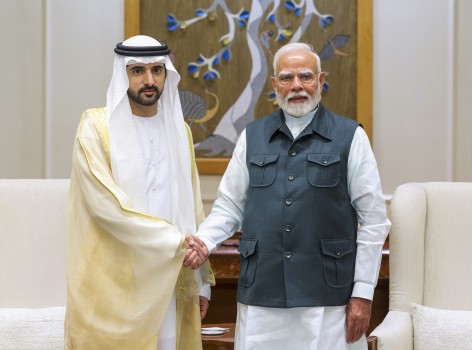
BENGALURU (PTI): The Indian Space Research Organisation (ISRO) said it will launch its navigation satellite 'IRNSS-1H' on August 31 to augment the existing seven satellites of NavIC constellation.
To be launched on board PSLV-C39, IRNSS-1H will be a 'back-up' navigation satellite for IRNSS-1A, one of the seven satellites in the constellation, as its three rubidium atomic clocks on board had stopped functioning.
"PSLV-C39/IRNSS-1H Mission is scheduled to be launched on August 31 at 18:59 Hrs from SDSC SHAR (Satish Dhawan Space Centre), Sriharikota," ISRO said.
The spacecraft weighing over 1,400 kg was built and tested by ISRO along with a consortium of six small and medium industries.
The Indian Regional Navigation Satellite System (IRNSS) is an independent regional navigation satellite system developed by India on par with US-based GPS.
The system that offers services like terrestrial and marine navigation, disaster management, vehicle tracking and fleet management, navigation aide for hikers and travellers, visual and voice navigation for drivers, was named 'NavIC' (Navigation with Indian Constellation) by Prime Minister Narendra Modi.
ISRO had launched seven satellites - IRNSS-1G on April 28, 2016, IRNSS-1F (March 10, 2016), IRNSS-1E (January 20, 2016), IRNSS-1D (March 28, 2015), IRNSS-1C (October 16, 2014), IRNSS-1B (April 4, 2014) and IRNSS-1A on July 1, 2013.
According to ISRO officials, the total cost of all the seven satellites was Rs 1,420 crore.
 Previous Article
Previous Article Next Article
Next Article












The Indian Air Force, in its flight trials evaluation report submitted before the Defence Ministry l..
view articleAn insight into the Medium Multi-Role Combat Aircraft competition...
view articleSky enthusiasts can now spot the International Space Station (ISS) commanded by Indian-American astr..
view article